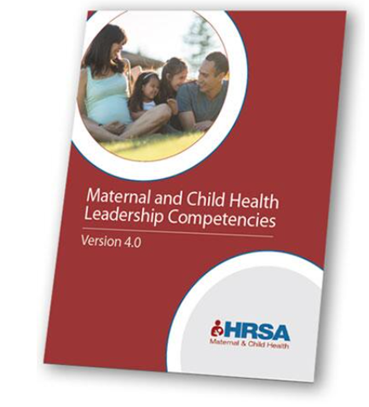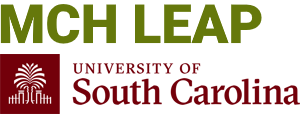About
What is MCH LEAP?
The Maternal and Child Health (MCH) Leadership, Education, and Advancement in Undergraduate Pathways (LEAP) Program is a mentored program sponsored by the Health Resources and Service Administration (HRSA). The MCH LEAP program is designed to meet the critical needs for improving the level of representation in public health and healthcare professions in the State of South Carolina and in our nation. The MCH LEAP program offers interdisciplinary MCH-themed leadership training to full-time USC undergraduate students from underserved or racially and ethnically under-represented backgrounds. The program’s goal is to “bridge” trainees’ transition to MCH-related graduate education or public health or healthcare jobs at graduation.
How Will
MCH LEAP
Help You?
- Individual mentoring
- Increasing MCH knowledge through monthly dinner seminars, a Spring Summit event, MCH-related course recommendations, online learning modules, etc.
- Connecting trainees with experiential learning opportunities such as internships, shadowing opportunities, volunteering, etc.
- Adopting critical skills/habits needed for career success
- Increasing leadership skills, knowledge, and experience
MCH Leadership Competencies
The UofSC MCH LEAP Program is designed to support and develop the next generation of MCH leaders. Our training content and outcomes will be guided by the federal MCH Leadership Competencies Version 4.0 .
The competencies are organized in progression from self (competencies #1-#4) to others (competencies #5-#10) to the wider community (competencies #11-#12).
These competencies emphasize that MCH leaders:
1) possess core knowledge of MCH populations and their needs
2) continue to seek new knowledge and skills central to effective, self-reflective, and evidence-based leadership
3) can adapt when faced with emerging challenges and opportunities

Training Objectives
- To increase your knowledge and skills related to MCH populations
- To foster leadership skills
- To increase your cultural responsiveness and skills in addressing health disparities
- To offer experiential learning experiences

